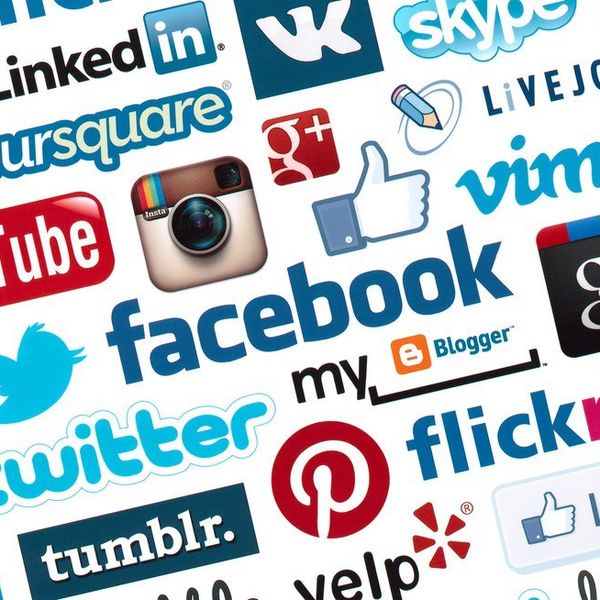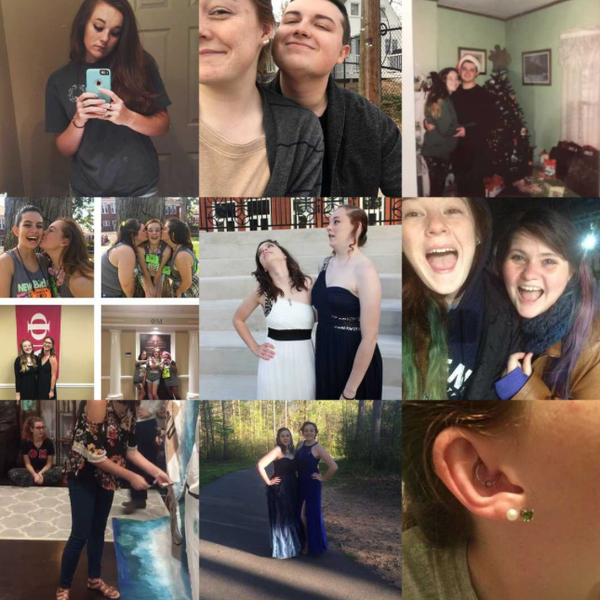For college students, social media is a huge part of life. Immediately in the morning, you check the first few tweets from the early birds of the day (or the insomniacs of last night). Later on, you’ll send a Snapchat of your breakfast parfait that just looked too interesting not to share with the world. Throughout the day, you refresh your Facebook feed to see the latest shares, and of course make sure you are always on top of keeping the little world free of unchecked notifications. At the end of the night, you scroll through your Instagram feed, almost thoughtlessly giving a double-tap here and there to like your friends’ photos. You set your alarm, shut off your phone, and that’s it.
Merriam Webster defines the word "social" as “relating to or involving activities in which people spend time talking to each other or doing enjoyable things with each other; happy to be with people.” Looking back at a typical day of a social media user, that sounds pretty anti-social to me. Though all of these interactions among close friends may seem to create an instant connection, the lack of substance containing emotion, and even touch, loses that true interpersonal relationship between two people.
Now don’t get me wrong. As a user of social media myself, I do see many positives in it. This day and age, social media has been used as a successful tool for the PR and advertising industries, has increased awareness about local and global disasters, and has even created an explosion of involvement for charities; for example, the 2014 ALS Ice Bucket Challenge. While social media has definitely made a positive effect on society, unfortunately, the social aspect may be quickly shifting negatively.
As more and more people are joining the social media world, I have come to a notice a shift in purpose for its usage. It seems as though social media has become a competitive, hierarchical popularity contest. There is a now strive to have the most friends on Facebook, post the cleverest tweet, or obtain the most likes on Instagram; all of which are simply a need for artificial acceptance and instant gratification. Instead of social media’s initial purpose to simply connect and share with friends, an area to judge and compare with one another is now present, and a new window for insecurity among users has been opened.
Among these problems surrounding social media, I have also come to notice that no longer are social media posts created in spite of events, but rather these events are inspired by the need to share a great post. In other words, as I flip through media feeds, I find myself saying, “Girlfriend, do you actually like going ice fishing? Or did you just see it as a great Instagram opportunity?”
Upon the fact that social media is here to stay, we must take a different approach on how we use this largely influential communication tool in our lives. Social media shouldn’t be a popularity contest, nor a create a need to judge and criticize one another. We must to stop letting social media drive what we think and do throughout our lives, but rather be independent from it. Then, when you feel the need to tell the world about a thought you had or something cool you did -- go for it.





















